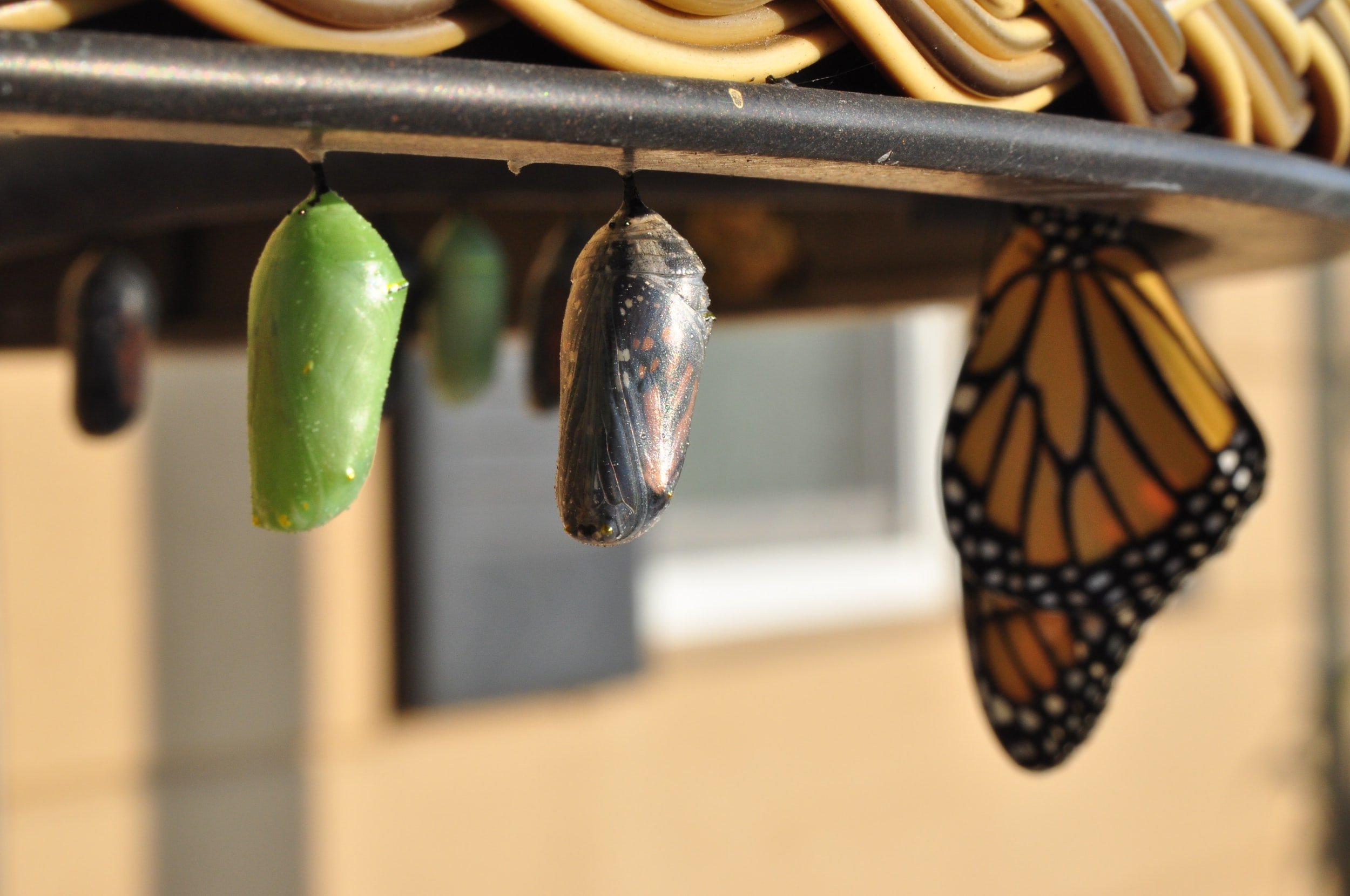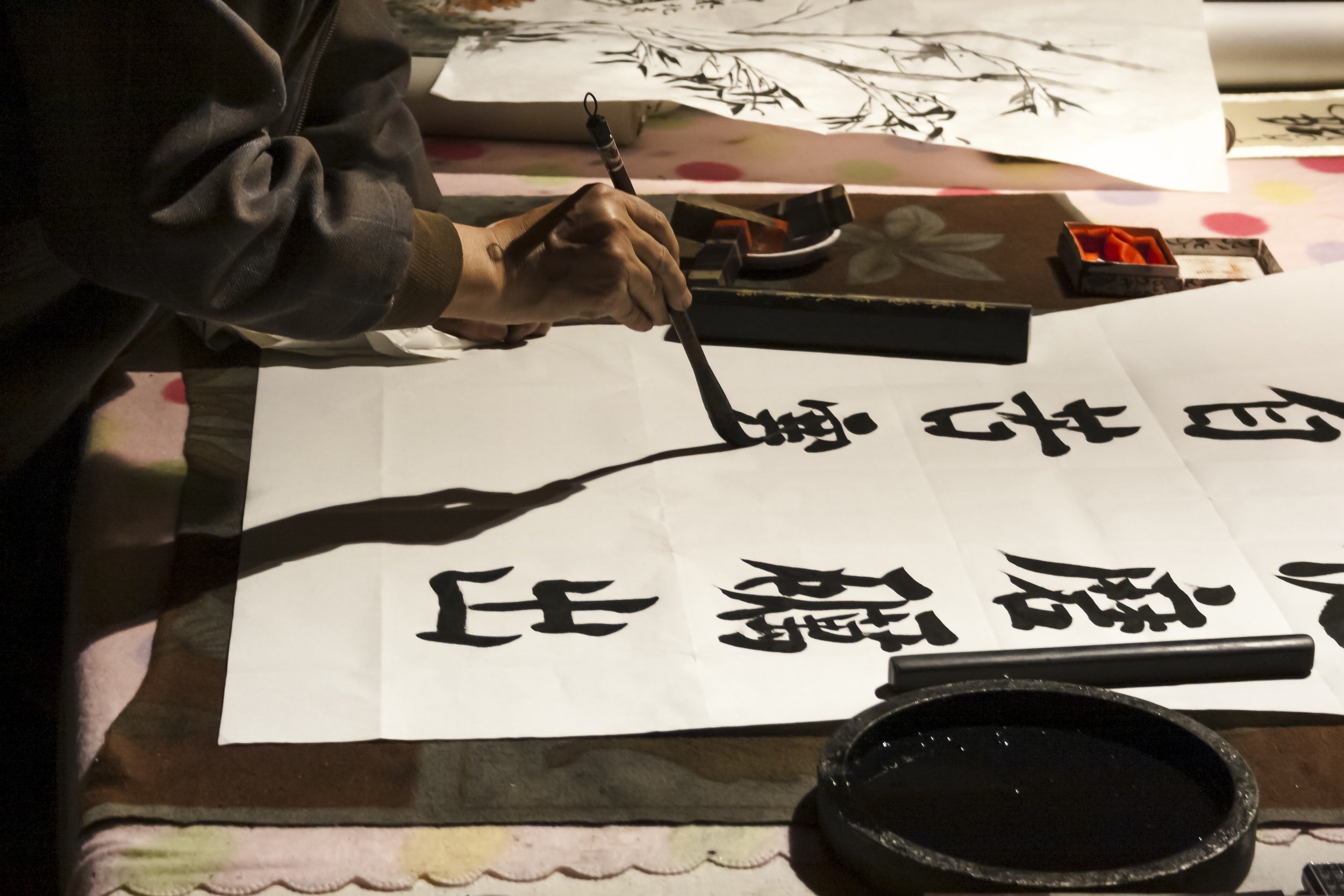The Dao of Change (Part 1)
Change.
It’s happening all the time, whether we like it or not - happening to us and happening from us.
Whether it's seeking a better job, a new partner, a different group of friends, or higher income, better health, or spiritual transformation - we’re all constantly seeking an upgrade in our experiences and quality of life.
There are many theories and ‘products’ of personal growth and transformations - but on a practical level these can often feel hit and miss. Rarely do we experience the deep and genuine change we’re seeking.
Why is this? One reason may be that we lack a coherent view of what change really is and what genuine change really entails.
The teachings of Classical Chinese medicine may shed some important light on this matter.
Wind (風 feng) is a key theme in Classical medical thinking and carries profound philosophical implication that, when deeply understood, can enrich self-healing practices and inform medical interventions.
The Suwen is a 2nd century CE, Han dynasty text which expounds the philosophical basis of Chinese medicine, and which became a foundational source of classical medicine throughout the Far East.
Within The Suwen, we find the famous line: ‘Wind (風 feng) is the cause of 100 diseases.’
To fully understand the significance of this statement we first need to understand the difference between the classical Chinese and English language.
Classical Chinese is rich in nuance and resonance, because a pictograph or character can express the literal and metaphorical meaning of something - inviting us to stop, be still, and allow a greater depth to impress itself upon us.
In contrast to English, there is no absolute distinction between nouns and verbs, which allows classical Chinese to more easily convey the fluidity of powerful psychological and natural forces that govern and shape our lives.
The character for Wind (風 feng) refers literally to climatic wind and metaphorically to impermanence. Change is the only constant in life, and our resistance to change is the source of sickness.
Let’s look more closely at what this means.
The character Wind ‘風’ is composed of two further characters, fan ‘凡’ and chong ‘虫’.
Fan ‘凡’ gives the sense of breaking away from some type of enclosure and invites us, literally, to think outside the box. It suggests movement, development and growth.
Chong‘虫’ literally denotes a worm, and suggests the contrasting notion of enclosure, death and decay.
The deeper philosophical meaning here is that if we resist natural change and remain forever ‘boxed in’ by our unexplored and habitual defaults of body and mind, ‘rot’ or disease is the likely result.
Wind, therefore, is an invitation to change, whereas disease is a resistance to it.
We can see this dynamic at play in the modern ‘epidemic’ of stress - which, according to how we respond, can either be a paralyzing source of pain or an empowering opportunity for self-improvement. .
Stressful situations challenge our norms and limits - and in so doing invite us to change and grow.
But if we’re unable to adapt, and doggedly expect things to be other than they are, we create psychic and physiological tension that negatively impacts our mental and physical health.
If a state of stress is prolonged, our immunity is negatively affected - with an imbalance in the microbiome making us vulnerable to being overwhelmed by these microbes.
Stress can also make us more inclined to adopt unhelpful lifestyle choices, which further compromises our immune system - raising the acidity and inflammation in our bodies.
This taxes our resources - fluids, blood, and essence - and creates a situation of chronic inflammation ideal for the onset of an array of diseases.
What this shows is that our mindset and conscious lifestyle choices - and especially our emotional relationship to change - play a crucial role in our body’s ability to respond positively to sickness.
Change is always happening to us, but there are certain variables we can take control of now, such as learning what foods, lifestyle and practices are most suitable for us.
And in the stressful situation that we cannot change, we can always learn to respond in more constructive ways that make change our friend and teacher - rather than our enemy.



